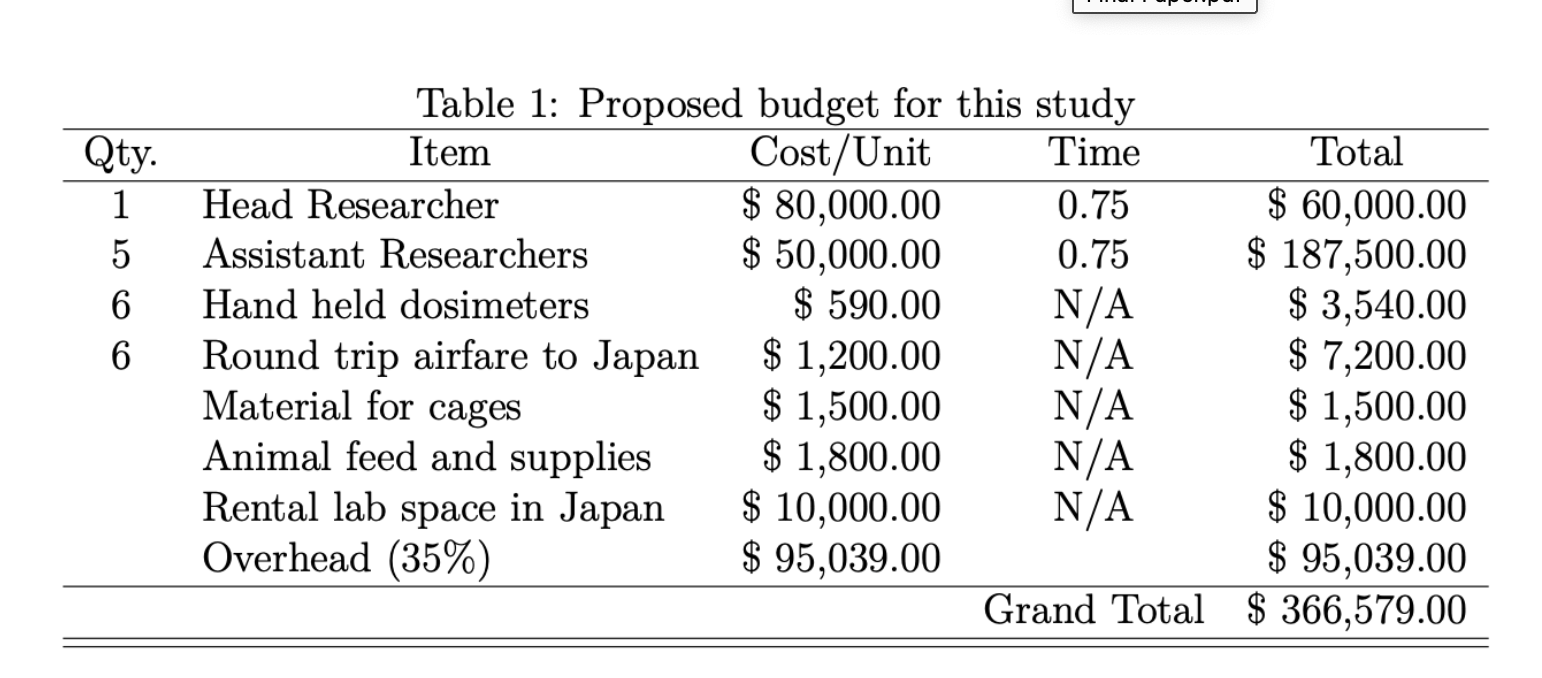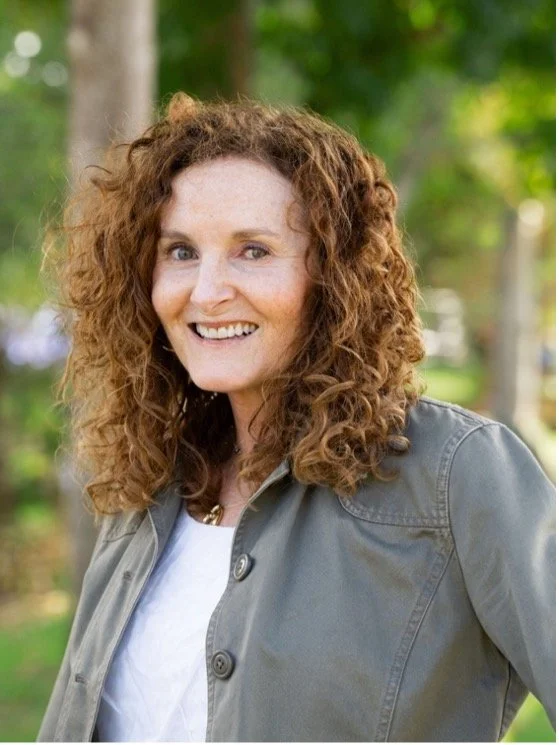I am currently reading Nudge by Richard Thaler and Cass Sunstein (2009). Its main idea is so important, for health issues as well as for many other issues surrounding societal structuring: the idea that you can nudge people towards the best choices without violating their liberty, a principle already well known to advertisers, after all.
This ethical approach is called libertarian paternalism: while allowing people free choice, governments and others can promote the social welfare by structuring choices so that the default choice is the best for most people (Faden and Shebaya, 2010). Because in modern society, people do not have the time or resources to research every little choice they make in their lives, it is important to use the work of experts to make the lazy or default choice the best one. There are many examples of this, but the one I am reading about at the moment is Part D, or Medicare coverage of prescription drugs. Although the coverage was a very good thing for many, many people, it was not viewed favorably because instead of offering a few good choices, and perhaps a full list for those choosy few, it offered everyone enrolling a list of more than forty plans, without making any recommendations about which were best: "In November, 2005, just as seniors were getting their first taste of forty-plus plans, half of eighteen hundred seniors surveyed had an unfavorable view of the program, compared with 28 percent who viewed it favorably" (Thaler & Sunstein, 2009, p. 232). Once participants got past the time-consuming labor of selecting a plan, they had a more positive opinion of the program, but unfortunately, there was very little evidence that people had made good choices. Doubly bad is the fact that when people do not have the information to make good choices, free markets do not work as intended because the market does not receive signals needed to function properly. In other words, people are not able to choose according to their rational interests, so bad companies or choices are not weeded out because they have caused harm or not functioned as well.
The choice structure for environmental chemicals is much, much worse than that.
The default choice on the societal level is that chemical companies are allowed to freely poison people, with only the barest patina, the minutest gloss of regulation. Every single person on the face of the earth, including every newborn that enters the world, is contaminated with a toxic stew of hundreds of carcinogens, neurotoxins, mutagens, and endocrine disruptors. This choice is not a rational choice for the body politic; it is made this way because of the financial interests of just a few people.
The default choice individually right now is to let one's children and oneself be poisoned. In order to protect their children, parents have to thoroughly research each of the 80,000 synthetic chemicals in production in the U.S., most of which have not been tested at all, and then try to choose not to expose their children to each one. This is impossible. I know because I've tried. Devra Davis has shown how the regulatory system, in cahoots with chemical companies, including Johnson's baby shampoo, has placed all the burden of research and proof on parents (2009). Not only are we exposed willy-nilly through the air we breathe, the water we drink, the food we eat, and nearly every consumer product we buy. If we wanted to ban these chemicals, the burden of proof is all on us. We would have to have many people die from only that one toxicant – when most of these chemicals have synergistic effects – and then we would have to do a complex, expensive, nearly impossible epidemiological study of it that establishes harm. Even now that some of the heroes of public health – and here I am thinking of researchers, particularly at the National Cancer Institute – have done just that, it is still not possible to get the chemicals banned. So we have no choice, only the illusion of one. What regulation there is gives the impression of a choice, while foisting on us a choice we would never rationally make. Under the Toxic Substance Control Act (TSCA), only six substances have ever been banned, and the ban on asbestos was overturned in court despite the absolutely conclusive evidence against it. Because of this, one in two men and one in three women will get cancer, and rates of childhood cancer, autism, learning disabilities, and auto-immune disease are climbing rapidly. Most people do not realize the degree to which these diseases are caused by environmental exposures.
We need to frame the choices we are making as a society much better because we are not picking the best ones in many, many cases. The problem is that, with environmental chemicals, the architects of the choice framework, as Sunstein and Thaler would put it, are the chemical companies themselves, with the help of ingenious marketing. And apparently, they do not care if their profits cost people their lives. They may have the effect of exerting paternalistic control over people – but it is also malevolent control, not interested in liberty at all – not what one usually hopes for in a father. Perhaps we should call it fascist homicidal paternalism. Just sayin.
References
Davis, D. (2009). The secret history of the war on cancer. New York: Basic Books.
Faden, R. & Shebaya, S. (2010). Public health ethics.” The Stanford Encyclopedia of Philosophy (Summer 2010 Edition). Retrieved from http://plato.stanford.edu/archives/sum2010/entries/publichealth-ethics/
Thaler, R. & Sunstein, C. (2009). Nudge: Improving decisions about health, wealth, and happiness. New York: Penguin.












